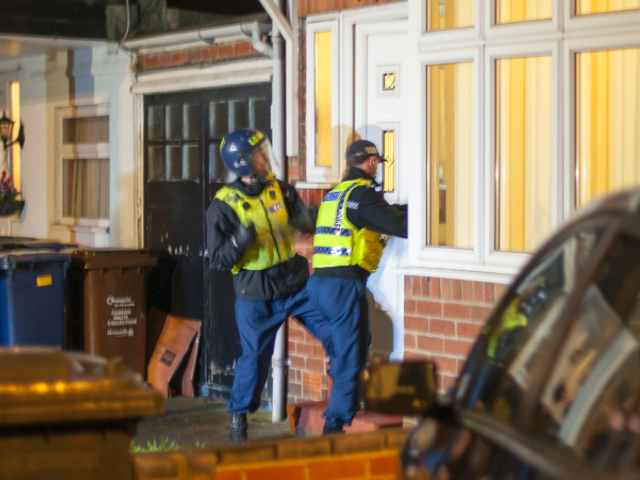People promoting “hostility” towards a religion or the transgendered online could get much harsher sentences, of up to six years in jail, especial if they have a large online audience according to new proposals.
The Sentencing Council for England and Wales has drafted changes to public order offences, including anyone perceived as targeting online a “protected characteristics” including “race; sex; disability; age; sexual orientation; religion or belief; pregnancy and maternity; and gender reassignment.”
The most severe punishments will be handed to those “in a position of trust, authority or influence and abuses their position to stir up hatred,” such as political leaders or figureheads and anyone whose offences are “persistent.”
If an “offender was a member of, or was associated with, a group promoting hostility based on race or religion,” their sentence will also be harsher.
The Sentencing Council believes that the use of social media, YouTube, and other “websites” to stir hatred is a growing problem – despite the number of prosecutions remain relatively low.
“Volumes of these offences are extremely low and there have been no offenders sentenced for some offences,” the Sentencing Council said.
“However, given the recent social climate and an enhanced focus on this type of offending, the council considers it would be useful for sentencers to be equipped with guidance on sentencing these offences,” they continue.
Adding: “Among the cases analysed there were a number of ‘hate speech’ type offences, where inflammatory speeches were given by influential figures with the intention of stirring up racial hatred.
“Other cases involved publication on YouTube of content inciting serious violence towards particular racial or religious groups, websites being published including abusive and insulting content, with some activity continuing over a long period of time and intended to reach global audiences.”
The proposals will now be subject to a three-month public consultation ending in August.
The launch comes nine months after the Crown Prosecution Service (CPS) promised to peruse online “hate crime” as vigorously as those taking place face-to-face, saying they hope to see more prosecutions, with longer sentences for those convicted of “hate” online.
Separate “hate crime” guidelines from the CPS released in January last year reaffirmed that no evidence is needed to report a “hate crime”, and they only need to be “perceived” by the alleged victim or someone else.
An investigation by Breitbart London last year also confirmed that many UK Police forces consider “unfriendliness” and “dislike” as signs of “hostility” and “hate,” with the CPS admitting there is “no legal definition” of “hostility.”
Germany recently went further than any Western democracy in efforts to control online speech, legally requiring social media companies like Facebook and Twitter to quickly remove “hate speech” from their sites.
However, the law is set to be revised following evidence that too much online content is being blocked, and critics claiming there was a widespread “chilling effect” on speech.
The legislation has led to satirical posts being removed and a leader of the populists AfD party being censored for criticizing police policy and Islam.

COMMENTS
Please let us know if you're having issues with commenting.